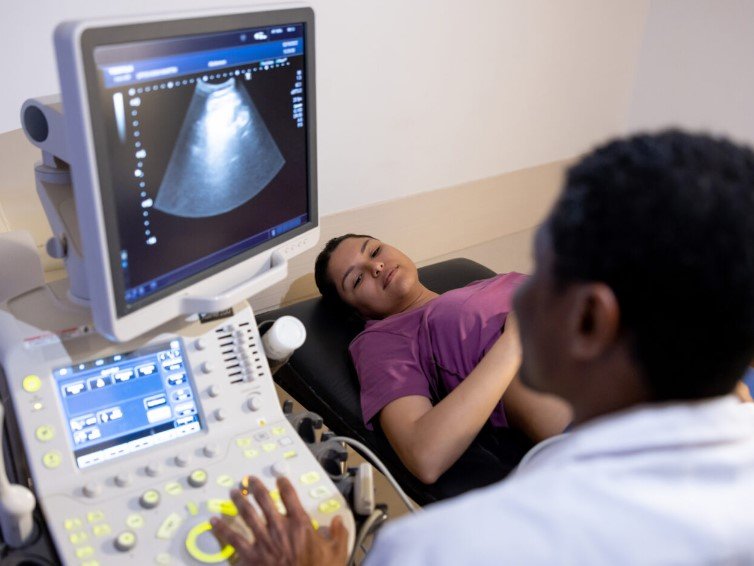Planned Parenthood and the ACLU are requesting a rehearing from the Iowa Supreme Court regarding the state’s six-week abortion ban. This follows a recent decision by the court to lift a temporary injunction on the law, which restricts most abortions after a fetal heartbeat is detected. The organizations argue that the ruling will severely limit access to essential reproductive health care for Iowans.
Legal Battle Over Abortion Rights
The Iowa Supreme Court’s decision to lift the injunction on the six-week abortion ban has sparked significant controversy. The law, often referred to as the “fetal heartbeat” bill, prohibits most abortions once a fetal heartbeat is detected, which can be as early as six weeks into pregnancy. Critics argue that this timeframe is too restrictive, as many women may not even be aware they are pregnant at this stage. The court’s ruling has been met with strong opposition from reproductive rights advocates, who believe it infringes on women’s rights to make decisions about their own bodies.
Planned Parenthood and the ACLU have been at the forefront of the legal battle against the six-week abortion ban. They argue that the law is unconstitutional and places an undue burden on women seeking abortions. The organizations have vowed to continue fighting for reproductive rights and are seeking a rehearing from the Iowa Supreme Court in hopes of overturning the recent decision. They believe that the court’s ruling will have far-reaching consequences for women’s health and autonomy in Iowa.

The legal battle over abortion rights in Iowa is part of a larger national debate on reproductive health care. Similar laws have been passed in other states, leading to a patchwork of abortion regulations across the country. The outcome of the Iowa case could have significant implications for the future of abortion rights in the United States, as it may set a precedent for other states to follow.
Impact on Reproductive Health Care
The implementation of the six-week abortion ban in Iowa is expected to have a profound impact on reproductive health care in the state. Planned Parenthood and other reproductive health providers have expressed concerns about the accessibility of abortion services under the new law. They argue that the ban will disproportionately affect low-income women and women of color, who may already face barriers to accessing health care.
Reproductive health advocates warn that the six-week abortion ban could lead to an increase in unsafe abortions. When legal and safe options are restricted, women may resort to dangerous methods to terminate their pregnancies. This could result in serious health complications and even death. Planned Parenthood and the ACLU are committed to ensuring that women have access to safe and legal abortion services, and they are working to mitigate the potential negative effects of the new law.
In response to the court’s decision, Planned Parenthood has announced plans to expand its services to help women navigate the new legal landscape. This includes providing information and resources on how to access abortion services in other states where the procedure remains legal. The organization is also advocating for policies that protect and expand reproductive health care access at the state and federal levels.
Future of Abortion Rights in Iowa
The future of abortion rights in Iowa remains uncertain as the legal battle over the six-week abortion ban continues. Planned Parenthood and the ACLU are hopeful that the Iowa Supreme Court will grant their request for a rehearing and ultimately overturn the decision to lift the injunction. However, the outcome of the case is difficult to predict, and the stakes are high for reproductive rights advocates and opponents alike.
If the six-week abortion ban is upheld, it could pave the way for similar laws in other states. This would further restrict access to abortion services and potentially lead to a nationwide rollback of reproductive rights. On the other hand, if the ban is struck down, it could bolster efforts to protect and expand abortion access across the country. The Iowa case is being closely watched by both sides of the abortion debate, as it could have significant implications for the future of reproductive health care in the United States.
In the meantime, Planned Parenthood and the ACLU are continuing their efforts to support women in Iowa and beyond. They are providing legal assistance, advocacy, and health care services to ensure that women have the resources they need to make informed decisions about their reproductive health. The organizations remain committed to fighting for reproductive rights and will not back down in the face of legal and political challenges.

Comments